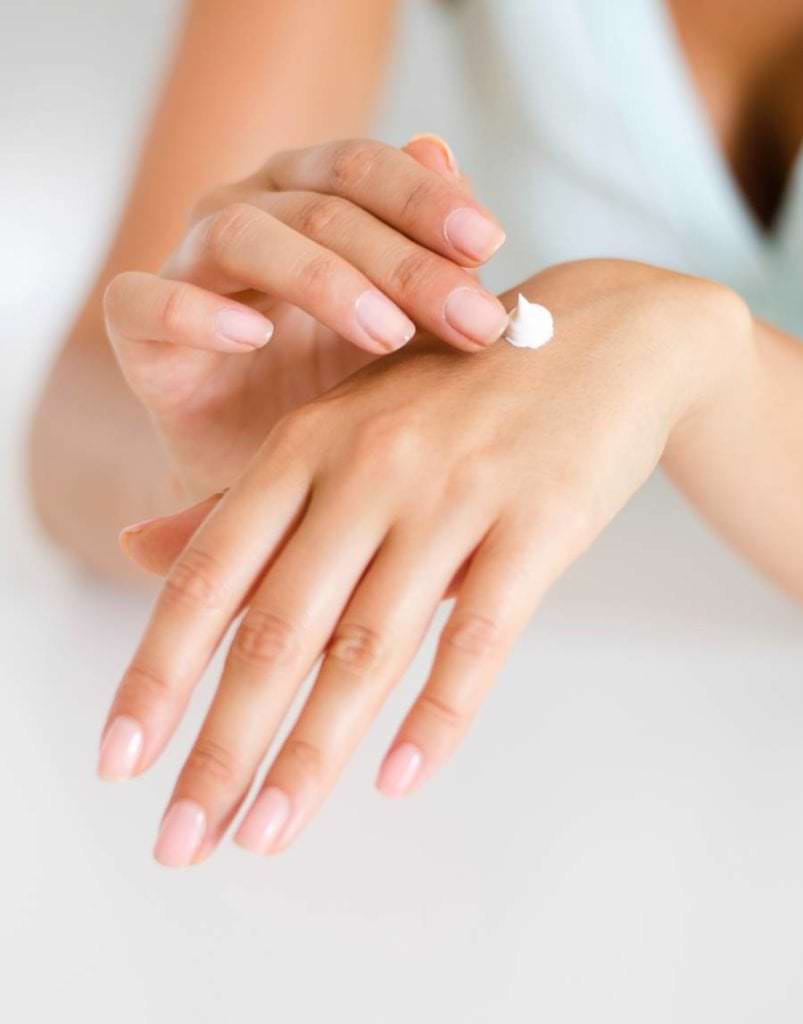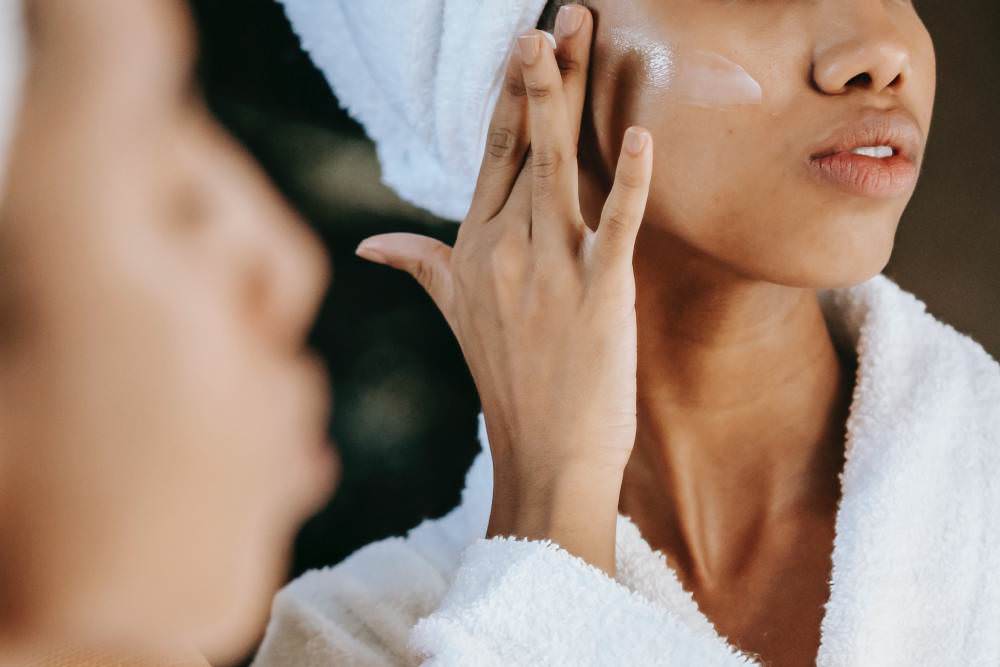Moisturising the skin is an essential factor in caring for your skin and protecting it from external aggressions.
Sophim explains why it is important to moisturise your skin regularly, and how.
Signs of dehydrated skin

Dehydrated skin is not the same as dry skin. Skin can become dehydrated regardless of its type or age:
- A dry skin lacks lipids, its lipidic barrier is altered,
- Dehydrated skin lacks water.
If the cause differs between these two problems, the symptoms of dehydrated skin can also vary from those of dry skin. Finally, certain factors accelerate the dehydration of the skin, such as the presence of perfume or menthol in products applied to the epidermis, high temperatures, overly aggressive make-up removal in dry weather, and so on.
What are the symptoms of dehydrated skin?
Dehydrated skin may feel tight after contact with water, may feel clingy to the finger, and may even become dull. It is also possible to have blackheads or acne as a result of the imbalance of the epidermis. Depending on the area of the face, it is also important to watch out for potential dehydration: around the eyes, as the skin is thinner than on the rest of the face, fine lines may appear, the first sign of dehydration of the epidermis.
Our ingredients for moisturising formulas

Dehydrated skin needs water. As our body is naturally made up of water, the challenge of certain formulas, in addition to providing external hydration, is also to prevent I.W.L. or insensible water loss, i.e. the evaporation of water between the layers of the epidermis. When the skin’s lipid barrier is damaged, this phenomenon of insensible water loss accelerates and favours dehydration of the epidermis.
To avoid insensible water loss, several ingredients help to preserve the skin's hydration:

- The squalane proposed by SOPHIM, a natural emollient sourced from olives, has properties of regeneration of the skin barrier. With its protective action, olive squalane is an ideal ingredient to limit insensible water loss. Our Biophytosebum ingredient, which is a natural alternative to silicones, has the same benefit.
- Hydrogenated polyisobutene, a multifunctional oil offered in different molecular weights
- The natural alternative to petroleum jelly, Vegelin, also helps to reduce insensible water loss by functioning as barrier agents.
- Vegetable butters and cosmetic oils, rich in fatty acids, also help to rehydrate the skin thanks to their regenerative and protective functions.






